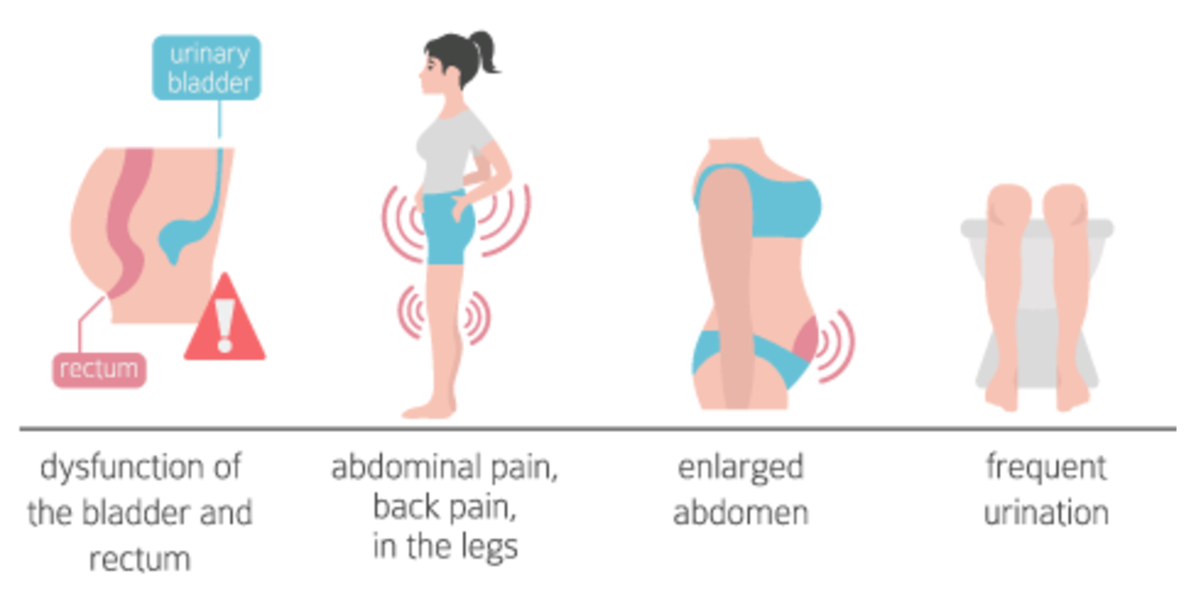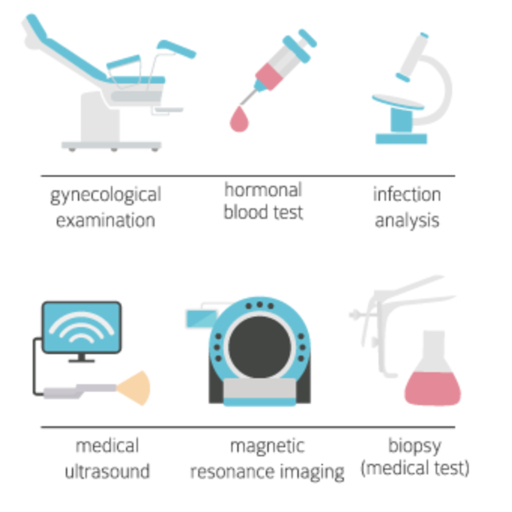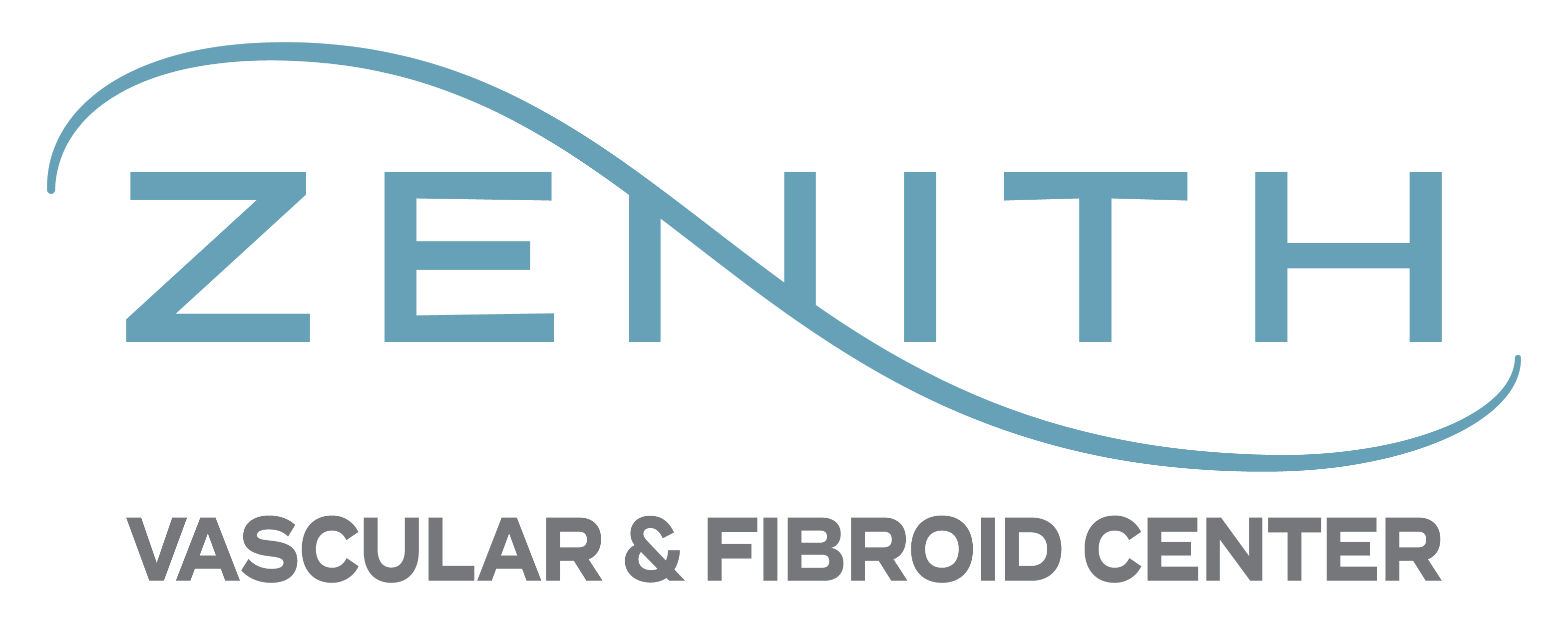Leioyomas
Symptoms and Diagnosis
Although uterine fibroids are very common, many women do not know they have them unless the location, size or number of fibroids causes noticeable symptoms.
What are the symptoms of uterine fibroids?

Although uterine fibroids are very common, many women do not know they have them since symptoms may be minimal or they do not notice the symptoms. The location, size, and the number of fibroids present may influence whether you experience noticeable symptoms. Some of the most common symptoms are:
Constipation
Difficulty emptying your bladder
Frequent urination
Heavy menstrual bleeding
Leg pain
Lower back pain
Pain during intercourse
Pelvic pressure or pain
Prolonged menstrual bleeding
Spotting between periods
What Are the Risk Factors for Uterine Fibroids?
Although the precise cause for fibroids has not been determined, there are some risk factors that are usually prevalent. Any of the following factors could increase your chances of developing fibroids:

Hormones
Uterine fibroids are linked to the two distinctly female hormones estrogen and progesterone. The hormonal connection with fibroids is why nearly all women experience them at some point in their lives. For premenopausal women, these two hormones signal the uterine lining to prepare for pregnancy every month.
Genetics
If someone in your family has a history of uterine fibroids, there is an increased chance that you will also develop them.
Pregnancy
During pregnancy, the female body has a surge of estrogen and progesterone. As a result, getting pregnant could increase your risk of developing fibroids.
How Do I Find Out If I Have Fibroids on My Uterus?
Your gynecologist may detect fibroids during a routine examination. If you have symptoms of fibroids and uterus feels enlarged, an ultrasound can confirm the presence of fibroids. If fibroids are detected, a more sophisticated image (MRI) can pinpoint the location and number of fibroids and determine their exact sizes.


Find out if you are a candidate for uterine fibroid embolization by scheduling your consultation with Dr. Zeni at the Zenith Vascular & Fibroid Center today.
